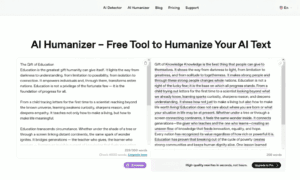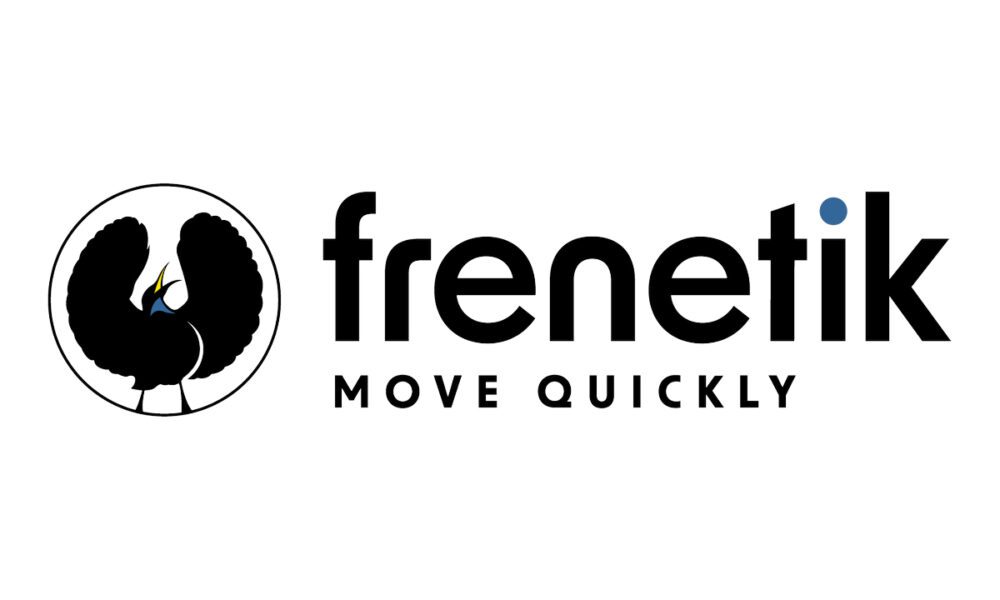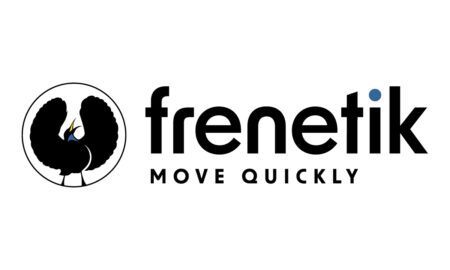The realm of wellness is undergoing a remarkable transformation, heavily influenced by the rise of digital solutions promoting mental and physical health. As technology knows no bounds, the impact it has on various aspects of our lives is undeniable.
From teletherapy to mindfulness apps, digital solutions are becoming integral in reshaping wellness paradigms, particularly amidst increasing recognition of mental health’s significance. Given the growing demand for more accessible services, the wellness industry is evolving to meet people’s needs through innovative formats.
Enhanced Accessibility to Mental Health Resources
One of the most significant benefits that digital solutions offer in the wellness space is enhanced accessibility to mental health resources. Traditionally, accessing mental health services often required a visit to a therapist’s office, which could be challenging for many due to factors like geographical location and scheduling conflicts. However, with teletherapy and online platforms, anyone can receive therapy or counseling from the comfort of their homes. This opens the door for individuals who might feel intimidated by in-person visits or who simply lack the time to travel.
Digital platforms tend to provide a higher degree of anonymity, making people feel safer discussing their issues. Those who are less inclined to share their struggles in person may find it easier to engage in conversations online. The shift to digital democratizes access to mental health services and increases the willingness of many to seek help. This shift is particularly important when discussing women’s mental health treatment, which has often been marginalized in traditional healthcare settings. Mental health practitioners may reach a wider audience and offer tailored care that addresses individual needs by utilizing technology.
With mobile apps, users can access guided meditations, mood tracking tools, or even chat-based support, creating an additional layer of accessibility beyond formal therapy. This integration of technology helps bridge gaps in care by offering immediate resources between sessions. Online communities provide peer support, reducing feelings of isolation and fostering a sense of belonging.
Personalized Wellness Programs
Digital solutions are reshaping wellness through personalized programs that cater to individual needs. With the aid of artificial intelligence (AI) and analytics, wellness applications can now track user behaviors and recommend tailored solutions. These programs often provide customized workout plans, nutrition suggestions, and mindfulness practices to optimize holistic health. Such personalization helps in achieving better results and keeps users engaged, as they see direct correlations between their input and their wellness journey.
Personalization aids in maintaining motivation levels. When individuals receive feedback on their progress, they are likely to remain committed to their wellness routines. This dynamic approach helps ensure that wellness practices are not merely fads but sustainable lifestyle changes. The significance of tailored wellness programs is important in a world rife with one-size-fits-all approaches that often fail to acknowledge individual differences.
Community Support and Networking
Digital solutions facilitate the formation of communities where individuals can connect and find support. Online forums and social media groups offer platforms for people to share their experiences and advice, combating feelings of isolation. This communal aspect of wellness technology fosters engagement and provides a sense of belonging, which can be particularly therapeutic.
When face-to-face interactions may be limited, these digital communities become vital havens for connectivity. Women, in particular, benefit from these groups where the discussion often centers around topics like mental health, parenting, and self-care practices. Strategies that share insights and resources can lead to improved mental wellness and resilience within these platforms.
Innovative Mental Health Tools
Another transformative aspect of digital solutions in wellness is the introduction of innovative mental health tools that are accessible via mobile devices. Numerous applications are designed to aid in managing anxiety, stress, and mood swings, providing at-a-glance mental health assessments. Guided meditation apps, such as Headspace and Calm, offer users a range of tools for relaxation and mindfulness, empowering them to take control of their mental health independently.
Many of these tools incorporate gamification, encouraging users to engage in practices that contribute positively to their mental state. People find it simpler to incorporate health practices into their everyday life when they are presented as fun activities rather than chores, which greatly improves emotional well-being.
Data-Driven Insights for Improvement
Digital solutions enable the collection of data that can provide insights into wellness trends and individual user behaviors. With continuous monitoring, users can observe patterns related to their mental and physical health, which can be instrumental in identifying issues before they escalate. Medical professionals can utilize this data to create more effective treatment plans, enhancing health outcomes.
Data-driven insights foster a proactive approach to wellness, allowing individuals more control over their personal health journeys. Digital tools adapt to shifting demands and trends by converting user data into meaningful insights, maintaining their position as vital resources in the wellness space.
Encouraging a Wellness Culture
Digital solutions are pivotal in creating a culture of wellness that is accessible and inclusive. With digital wellness tools, societal perceptions toward health and mental well-being are being realigned, promoting the idea that prioritizing wellness is important. Virtual events, workshops, and webinars can educate the public about mental health topics, breaking down stigmas and encouraging open dialogues about mental health challenges.
As this culture takes root, companies and organizations are similarly adopting wellness models, contributing to a broader societal shift. Digital solutions contribute to the development of a culture that views self-care as essential by promoting mental health-focused behaviors.
The evolution of wellness through digital solutions illustrates a significant shift in how we approach health in modern society. From making mental health resources more accessible to developing personalized programs that enhance individual engagement, technology has played a key role. These innovations ensure that wellness is not just a trend but a foundational aspect of living better lives for everyone.



































